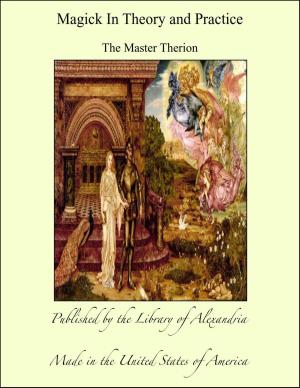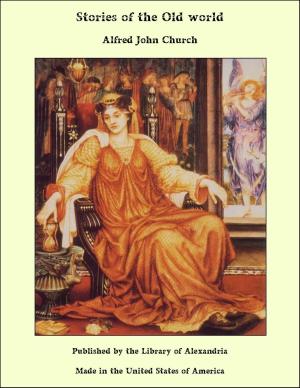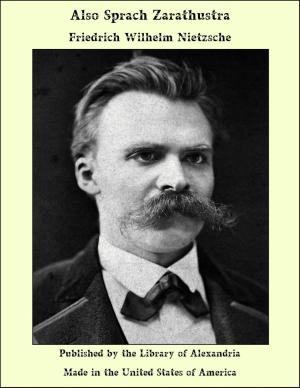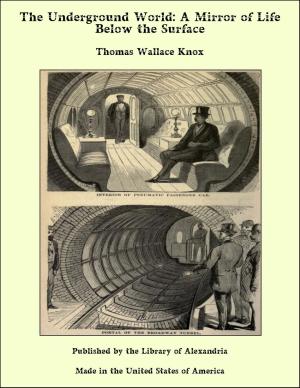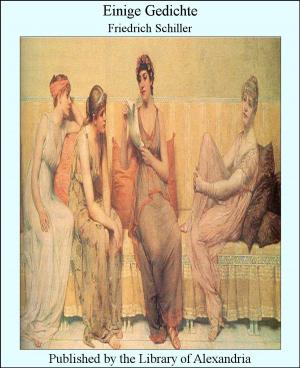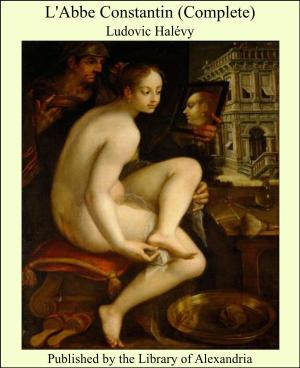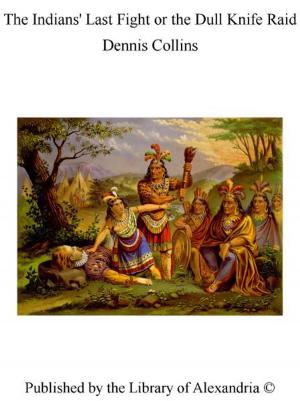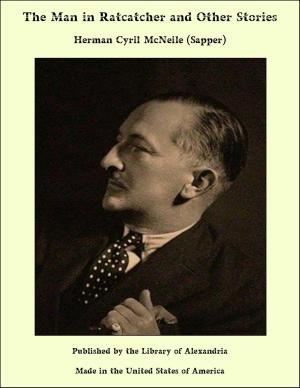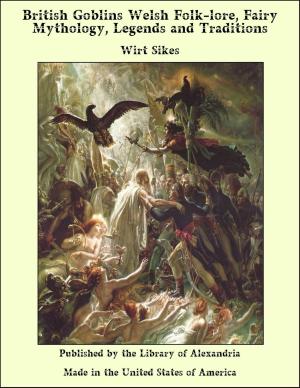Our Little Persian Cousin
Nonfiction, Religion & Spirituality, New Age, History, Fiction & Literature| Author: | E. Cutler Shedd | ISBN: | 9781465602312 |
| Publisher: | Library of Alexandria | Publication: | March 8, 2015 |
| Imprint: | Language: | English |
| Author: | E. Cutler Shedd |
| ISBN: | 9781465602312 |
| Publisher: | Library of Alexandria |
| Publication: | March 8, 2015 |
| Imprint: | |
| Language: | English |
Persia is mostly a tableland, from which rise many high mountains. In the winter come storms of snow and rain; in the spring the ground is green with grass and bright with many flowers; but in the late summer and fall it is dry and hot. Over the mountains wander the Kurds, who live in tents, and drive with them the great flocks of goats and sheep whose milk gives them food and from whose wool they weave their clothing and rugs. In many of the valleys are villages. Here live the busy Persian peasants, who have brought the water in long channels from its bed in the valleys to water their fields and orchards. Where plenty of water is found there are towns and cities. Over two thousand years ago the kings of the Persians were the most powerful in the world, and ruled all the country from India to Europe. Some of them helped the Jews, as is told in the books of Ezra and Nehemiah in the Old Testament. Two of them tried to conquer Greece, but the brave Greeks defeated their armies in the famous battles of Marathon and Salamis. Many years later the Greeks themselves under Alexander the Great invaded Persia and won its empire. But the Persians afterwards regained the power, and for five centuries held their own against the armies of the Roman emperors. Suddenly great armies of Arabs poured out from the wide desert land of Arabia, eager to conquer the world, and to bring others to accept the new religion taught by their prophet, Muhammad. Thousands of them entered Persia. They induced the Persians to forsake their own religion, called fire worship, and to become Muhammadans. Six hundred years passed, when new and more terrible invaders spread over the land. These were armies of horsemen armed with bows, who came in thousands from the wide plains of Siberia. They were the ancestors of the Turks. They destroyed a great many villages and cities, and killed tens of thousands of the Persians. Even yet, after more than five hundred years, one may see in Persia ruins made by them. A great many Turks still live in northern Persia. The Persians are now a weak and ignorant nation; but the most progressive of them are trying to secure good schools and to improve their country in other ways.
Persia is mostly a tableland, from which rise many high mountains. In the winter come storms of snow and rain; in the spring the ground is green with grass and bright with many flowers; but in the late summer and fall it is dry and hot. Over the mountains wander the Kurds, who live in tents, and drive with them the great flocks of goats and sheep whose milk gives them food and from whose wool they weave their clothing and rugs. In many of the valleys are villages. Here live the busy Persian peasants, who have brought the water in long channels from its bed in the valleys to water their fields and orchards. Where plenty of water is found there are towns and cities. Over two thousand years ago the kings of the Persians were the most powerful in the world, and ruled all the country from India to Europe. Some of them helped the Jews, as is told in the books of Ezra and Nehemiah in the Old Testament. Two of them tried to conquer Greece, but the brave Greeks defeated their armies in the famous battles of Marathon and Salamis. Many years later the Greeks themselves under Alexander the Great invaded Persia and won its empire. But the Persians afterwards regained the power, and for five centuries held their own against the armies of the Roman emperors. Suddenly great armies of Arabs poured out from the wide desert land of Arabia, eager to conquer the world, and to bring others to accept the new religion taught by their prophet, Muhammad. Thousands of them entered Persia. They induced the Persians to forsake their own religion, called fire worship, and to become Muhammadans. Six hundred years passed, when new and more terrible invaders spread over the land. These were armies of horsemen armed with bows, who came in thousands from the wide plains of Siberia. They were the ancestors of the Turks. They destroyed a great many villages and cities, and killed tens of thousands of the Persians. Even yet, after more than five hundred years, one may see in Persia ruins made by them. A great many Turks still live in northern Persia. The Persians are now a weak and ignorant nation; but the most progressive of them are trying to secure good schools and to improve their country in other ways.



